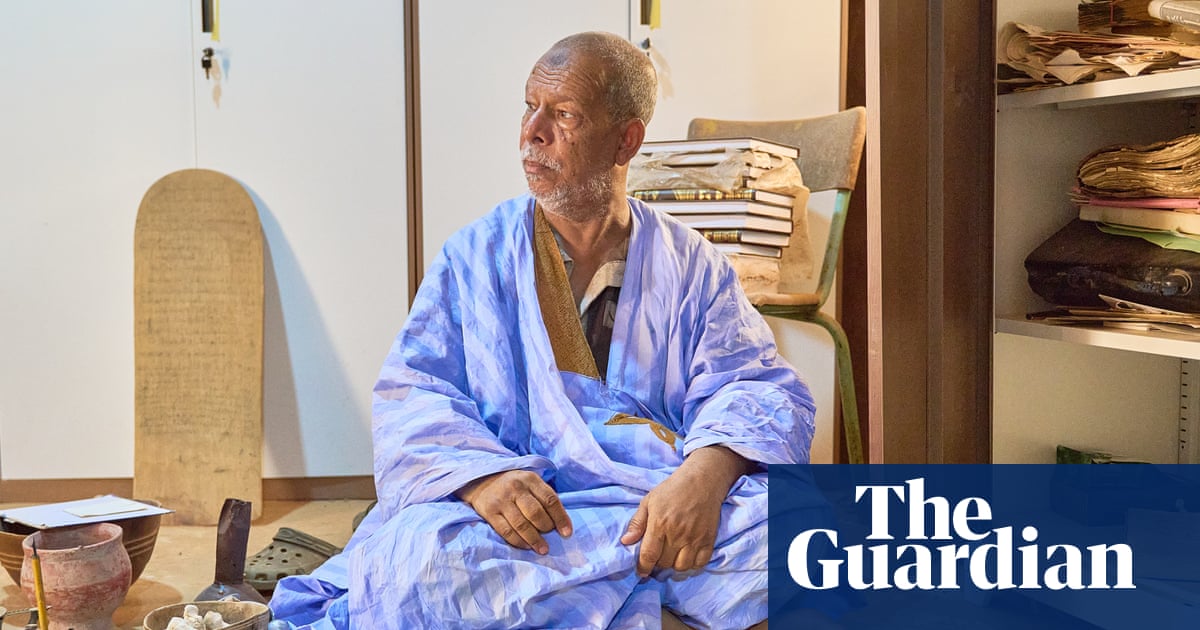
"Decked in a flowing boubou gown striped in two shades of blue, his steps unsteady but his presence still commanding, he sat on a handwoven mat stroking his grey beard, with his black croc sandals neatly placed to the side. It's these books that gave it this history, this importance, he said, pointing to a 10th-century Qur'an, its pages brown with age. Without these old dusty books, Chinguetti would have been forgotten like any other abandoned town."
"Chinguetti rose to prominence in the 13th century as a type of fortified settlement called a ksar that served as a stopping-off point for caravans plying trans-Saharan trade routes. It then became a gathering place for Maghreb pilgrims on the way to Mecca, and, over time, a centre for Islamic and scientific scholarship, referred to variously as the city of libraries, the Sorbonne of the desert, and the seventh holy city of Islam."
Chinguetti developed into a major medieval centre as a fortified ksar and caravan stop on trans‑Saharan trade routes, later serving Maghreb pilgrims to Mecca and evolving into a hub of Islamic and scientific scholarship. The town’s manuscript libraries preserved Quranic, religious and scientific texts from the later Middle Ages, earning reputations such as the city of libraries and the Sorbonne of the desert. Centuries-old collections inhabit a handful of remaining libraries. Accelerating desertification, falling tourism, population decline and regional insecurity have threatened the ksar and its manuscripts, prompting custodians to work to conserve collections and revive interest.
Read at www.theguardian.com
Unable to calculate read time
Collection
[
|
...
]